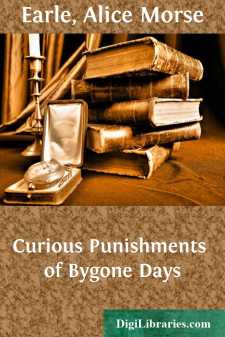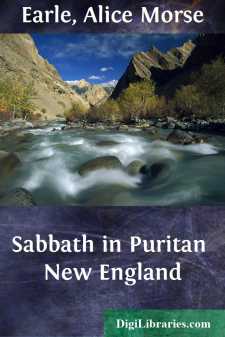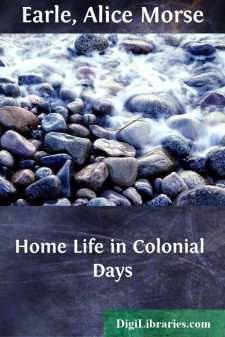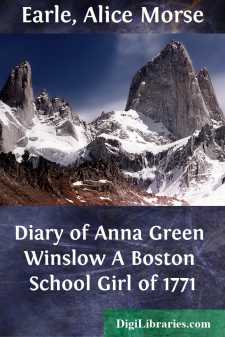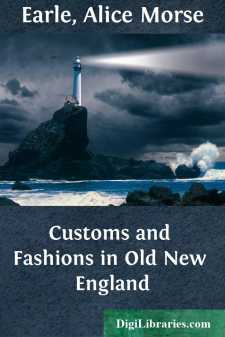Categories
- Antiques & Collectibles 13
- Architecture 36
- Art 48
- Bibles 22
- Biography & Autobiography 813
- Body, Mind & Spirit 142
- Business & Economics 28
- Children's Books 14
- Children's Fiction 11
- Computers 4
- Cooking 94
- Crafts & Hobbies 4
- Drama 346
- Education 46
- Family & Relationships 57
- Fiction 11829
- Games 19
- Gardening 17
- Health & Fitness 34
- History 1377
- House & Home 1
- Humor 147
- Juvenile Fiction 1873
- Juvenile Nonfiction 202
- Language Arts & Disciplines 88
- Law 16
- Literary Collections 686
- Literary Criticism 179
- Mathematics 13
- Medical 41
- Music 40
- Nature 179
- Non-Classifiable 1768
- Performing Arts 7
- Periodicals 1453
- Philosophy 64
- Photography 2
- Poetry 896
- Political Science 203
- Psychology 42
- Reference 154
- Religion 513
- Science 126
- Self-Help 84
- Social Science 81
- Sports & Recreation 34
- Study Aids 3
- Technology & Engineering 59
- Transportation 23
- Travel 463
- True Crime 29
Alice Morse Earle
Alice Morse Earle was an American historian and author known for her works on colonial America, focusing on social history. Born in 1851, she meticulously documented the daily lives, customs, and domestic habits of early American settlers through a series of detailed and engaging books. Her writings, such as "Home Life in Colonial Days" (1898), contributed significantly to the understanding and appreciation of America's colonial past.
Author's Books:
Sort by:
THE BILBOES There is no doubt that our far-away grandfathers, whether of English, French, Dutch, Scotch or Irish blood, were much more afraid of ridicule than they were even of sinning, and far more than we are of extreme derision or mockery to-day. This fear and sensitiveness they showed in many ways. They were vastly touchy and resentful about being called opprobrious or bantering names; often...
more...
The New England Meeting-House. When the Pilgrim Fathers landed at Plymouth they at once assigned a Lord's Day meeting-place for the Separatist church,--"a timber fort both strong and comely, with flat roof and battlements;" and to this fort, every Sunday, the men and women walked reverently, three in a row, and in it they worshipped until they built for themselves a meeting-house in 1648....
more...
CHAPTER IHOMES OF THE COLONISTS When the first settlers landed on American shores, the difficulties in finding or making shelter must have seemed ironical as well as almost unbearable. The colonists found a land magnificent with forest trees of every size and variety, but they had no sawmills, and few saws to cut boards; there was plenty of clay and ample limestone on every side, yet they could have no...
more...
FOREWORD. IN the year 1770, a bright little girl ten years of age, Anna Green Winslow, was sent from her far away home in Nova Scotia to Boston, the birthplace of her parents, to be "finished" at Boston schools by Boston teachers. She wrote, with evident eagerness and loving care, for the edification of her parents and her own practice in penmanship, this interesting and quaint diary, which...
more...
CHILD LIFE From the hour when the Puritan baby opened his eyes in bleak New England he had a Spartan struggle for life. In summer-time he fared comparatively well, but in winter the ill-heated houses of the colonists gave to him a most chilling and benumbing welcome. Within the great open fireplace, when fairly scorched in the face by the glowing flames of the roaring wood fire, he might be bathed and...
more...


